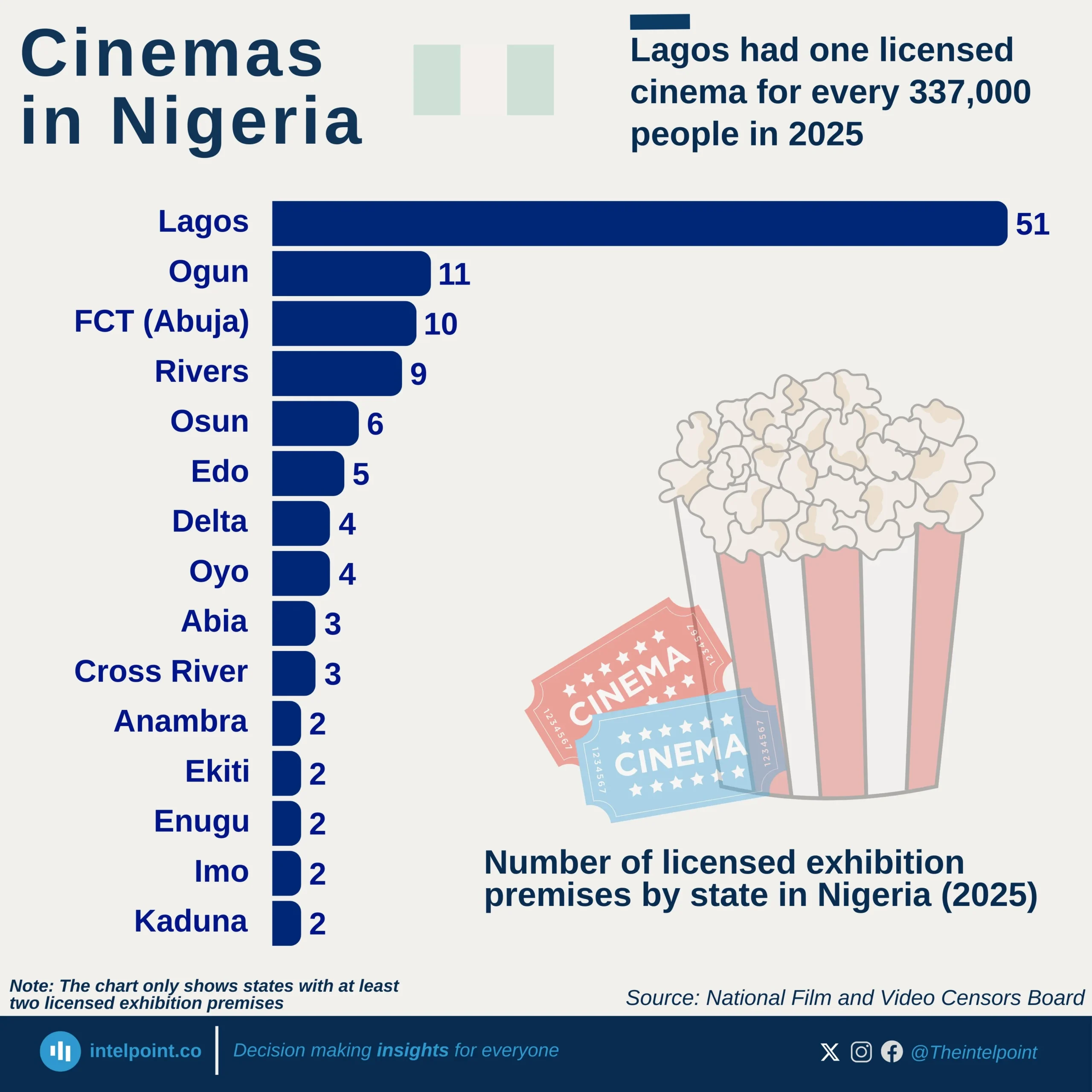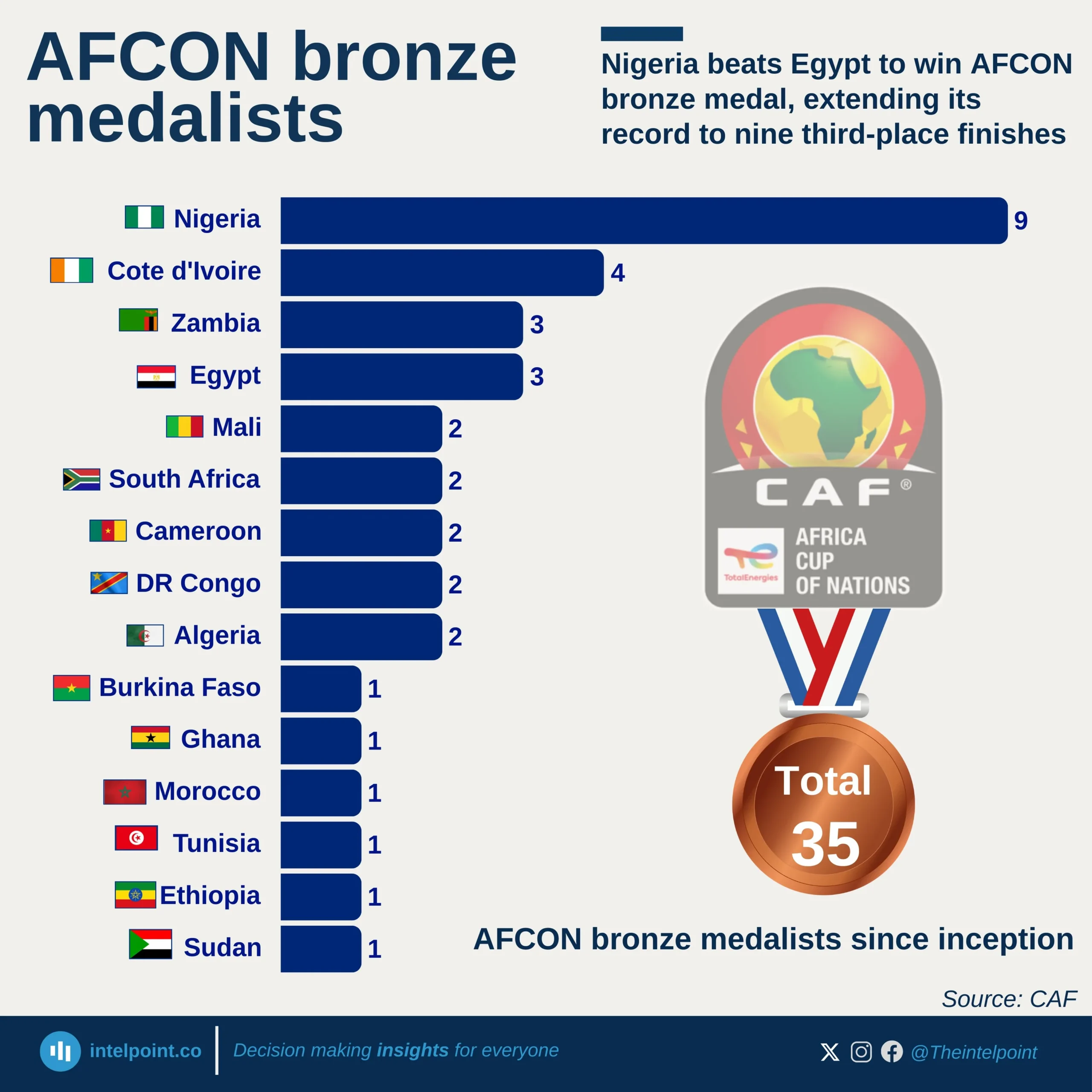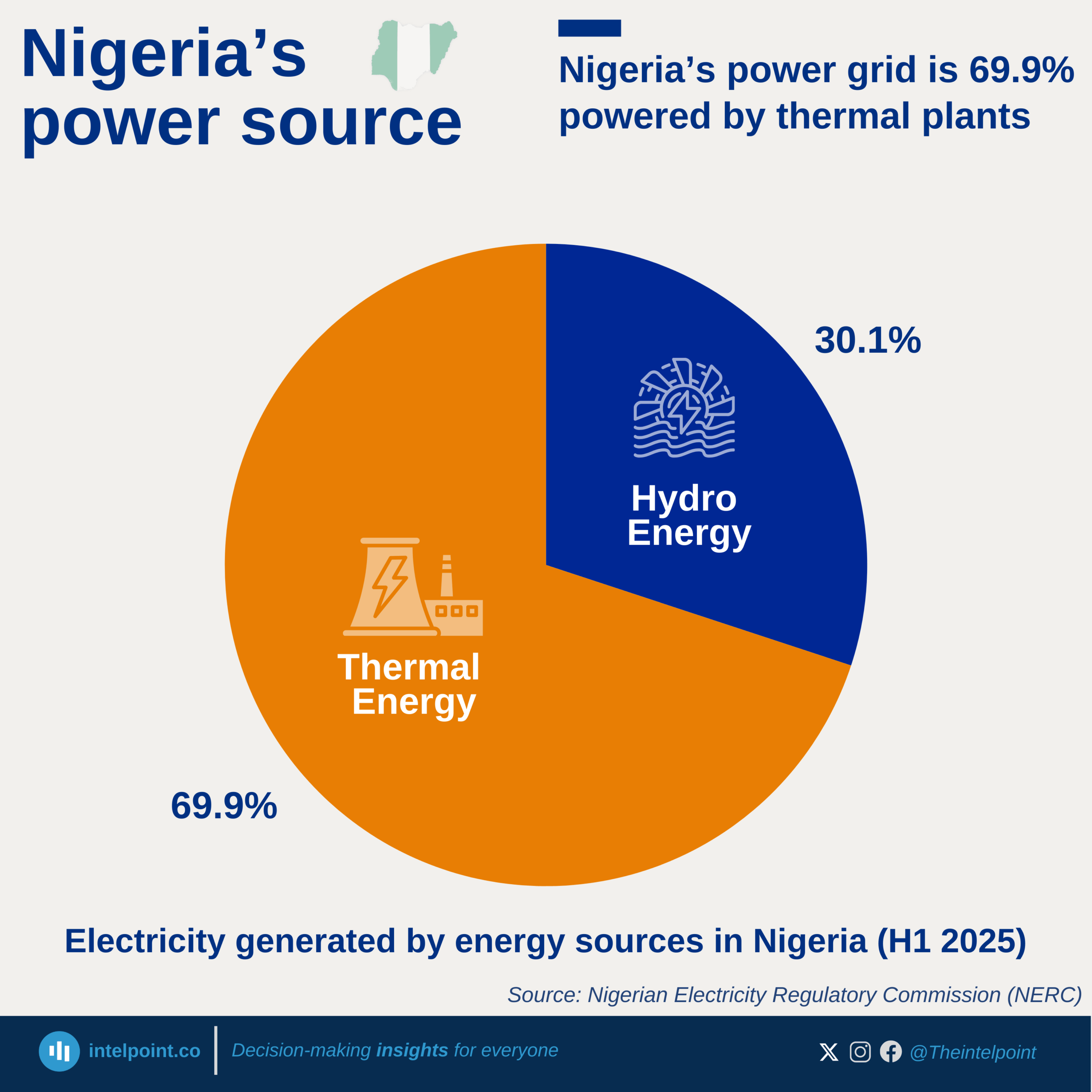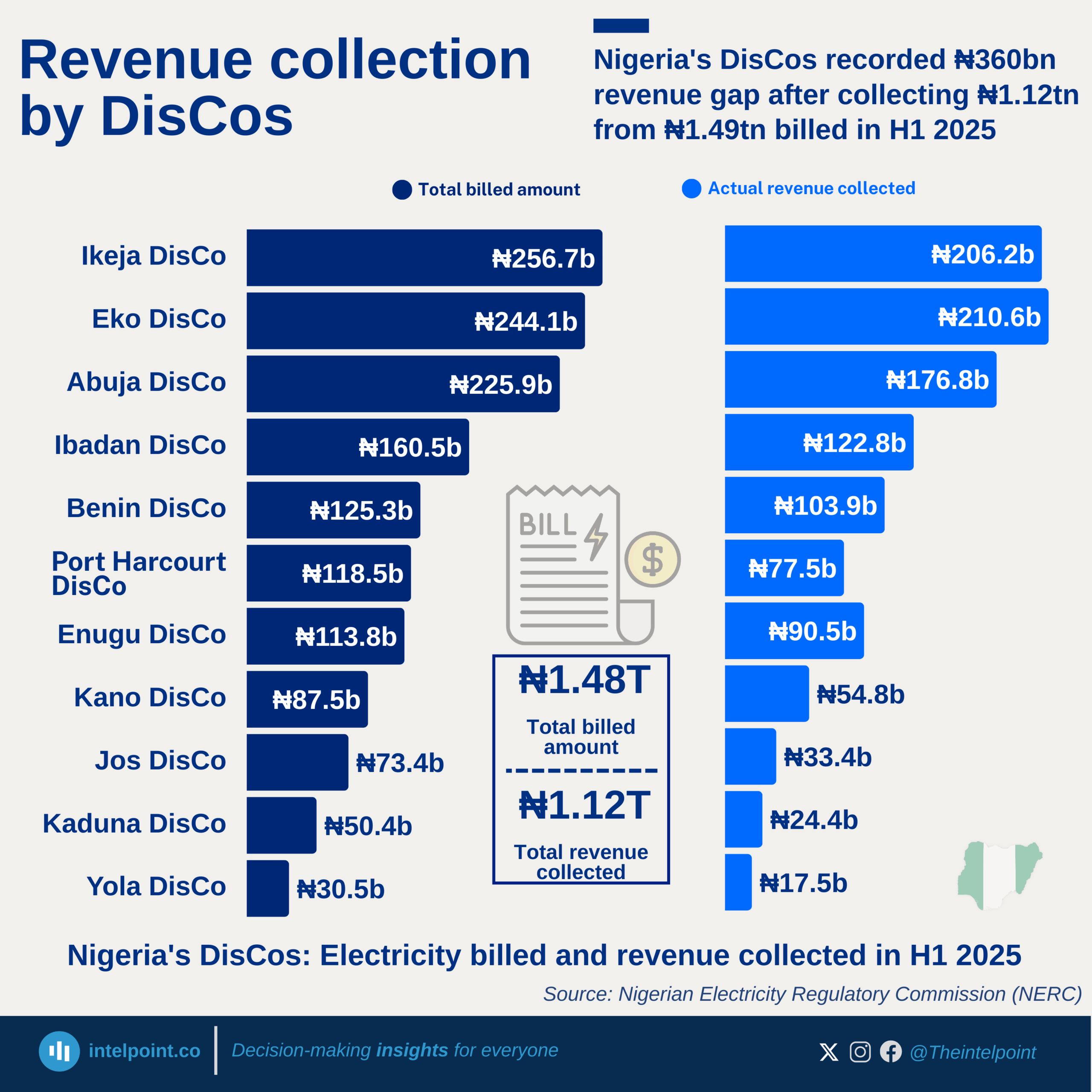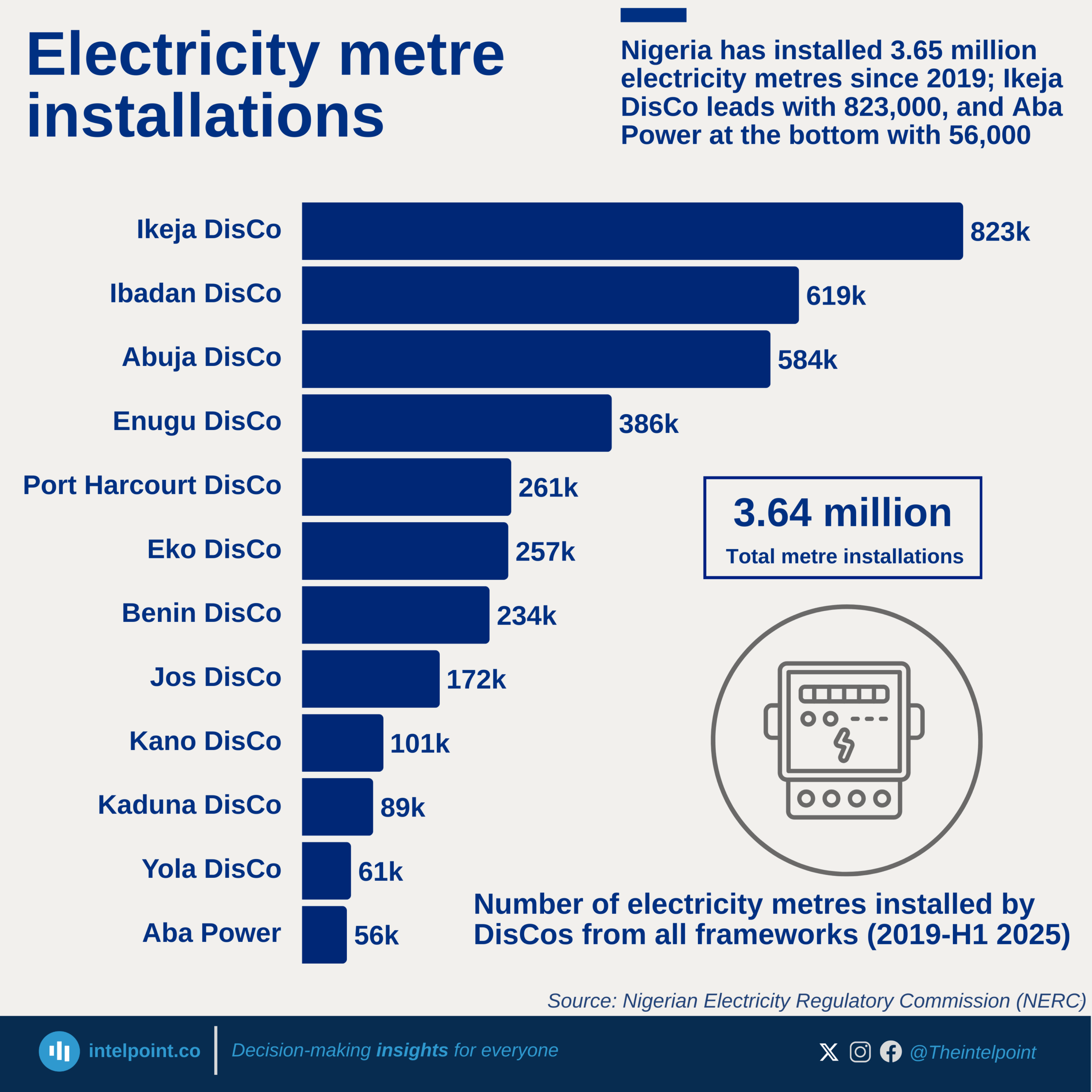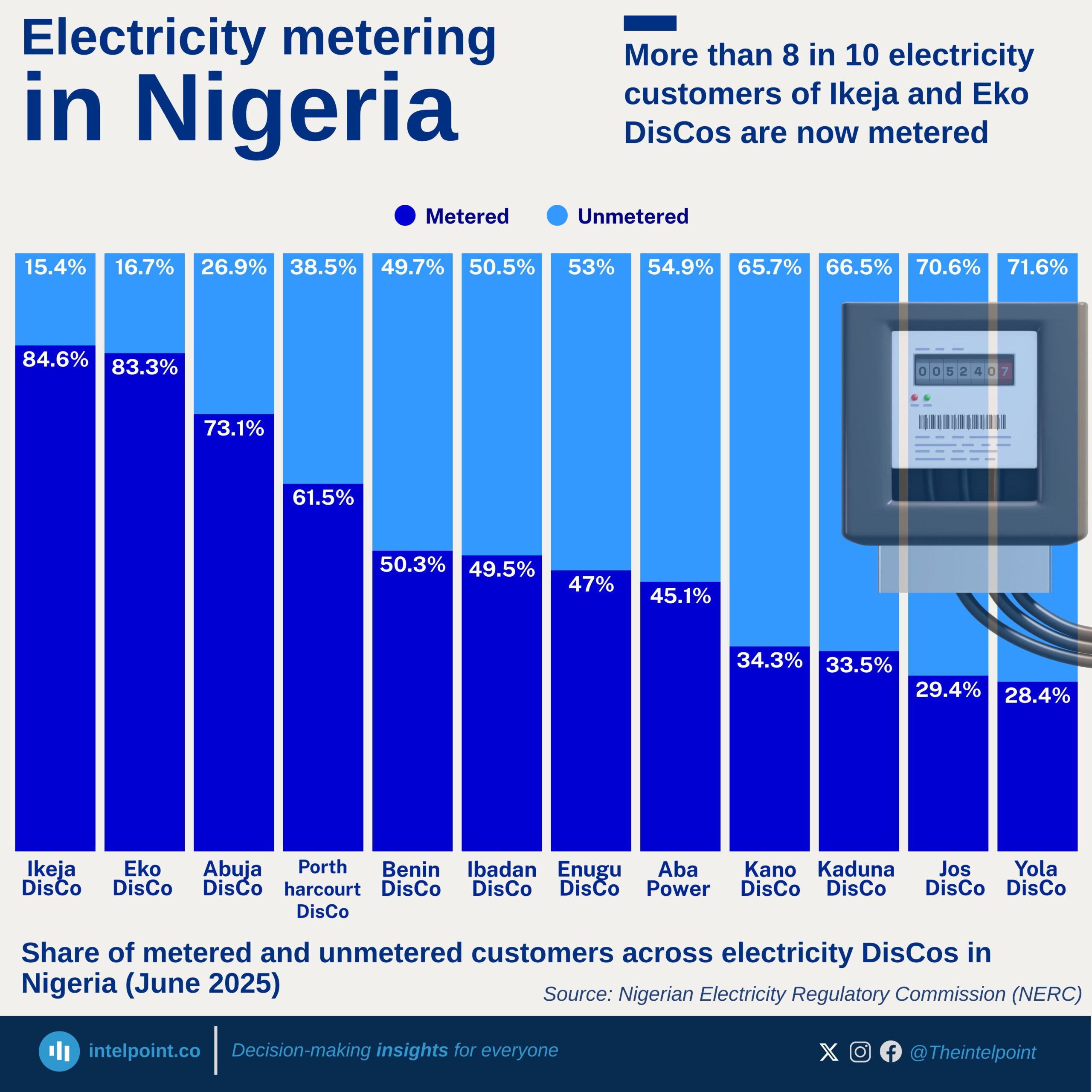The South-South region remains a major VAT contributor, generating ₦121.84 billion in tax revenue. However, despite its economic strength, the region received only ₦52.49 billion, meaning it got back just 43% of its remittance.
At the heart of this imbalance is Rivers State, which alone generated ₦90.21 billion—nearly three-quarters (74%) of the entire region’s VAT revenue. Yet, it received only ₦11.01 billion, an abysmal 12.2% return. This means that for every ₦1 Rivers remitted, it got back only ₦0.12, making it one of the biggest net losers in Nigeria’s VAT distribution formula.
In contrast, Cross River, which remitted only ₦1.55 billion, received ₦7.45 billion, a staggering 380% gain. Similarly, Delta, Edo, and Akwa Ibom all received more than they remitted. Interestingly, Bayelsa, despite remitting ₦12.8 billion, received just ₦8.02 billion, less than what Delta received, even though Delta remitted half of Bayelsa’s VAT.
This shocking disparity underscores the controversial nature of Nigeria’s VAT sharing system, where high-revenue states like Rivers are forced to subsidise lower contributors both within and outside their region.
